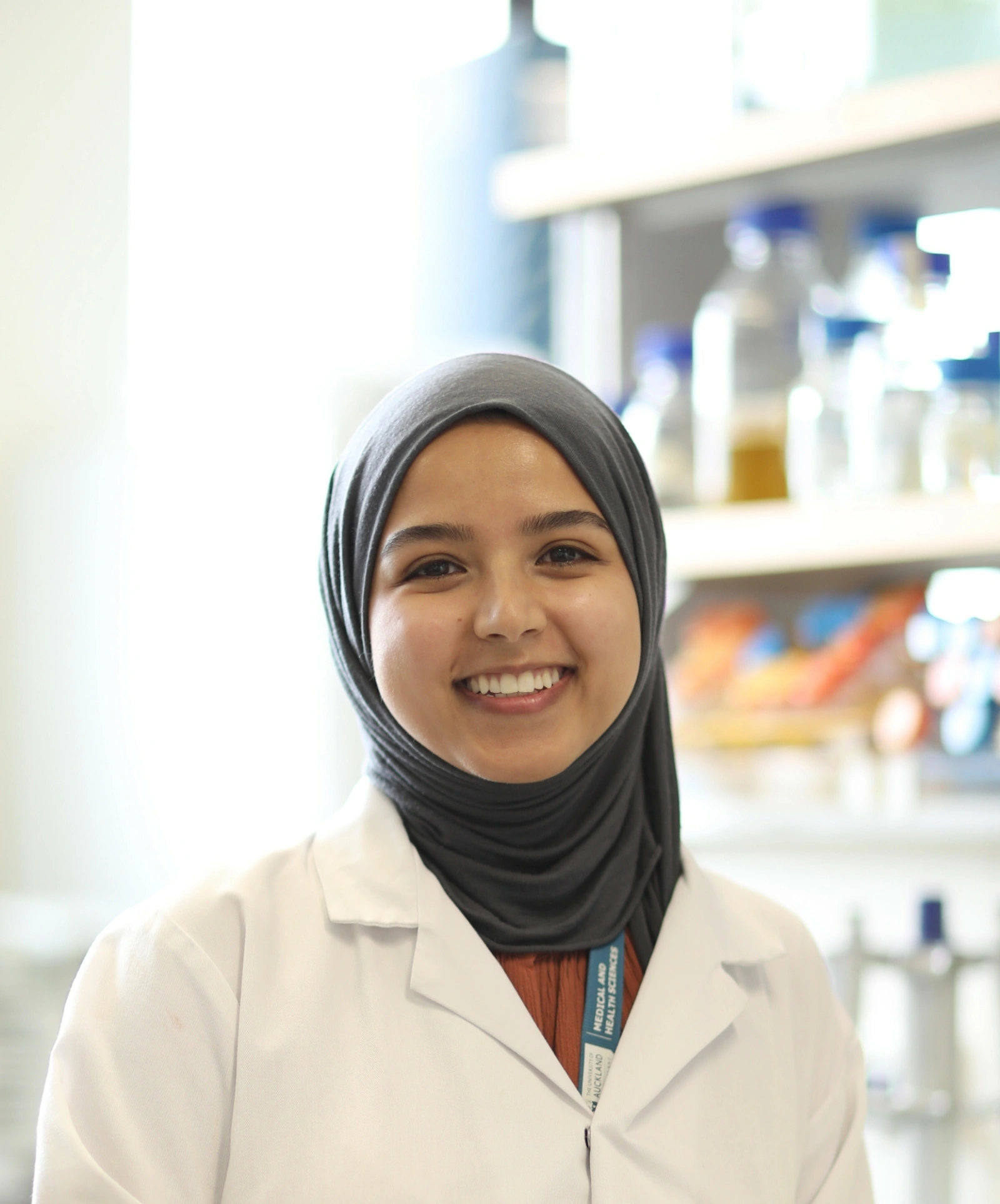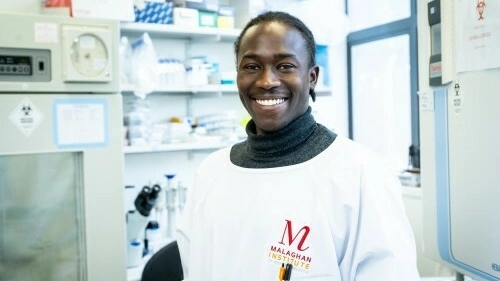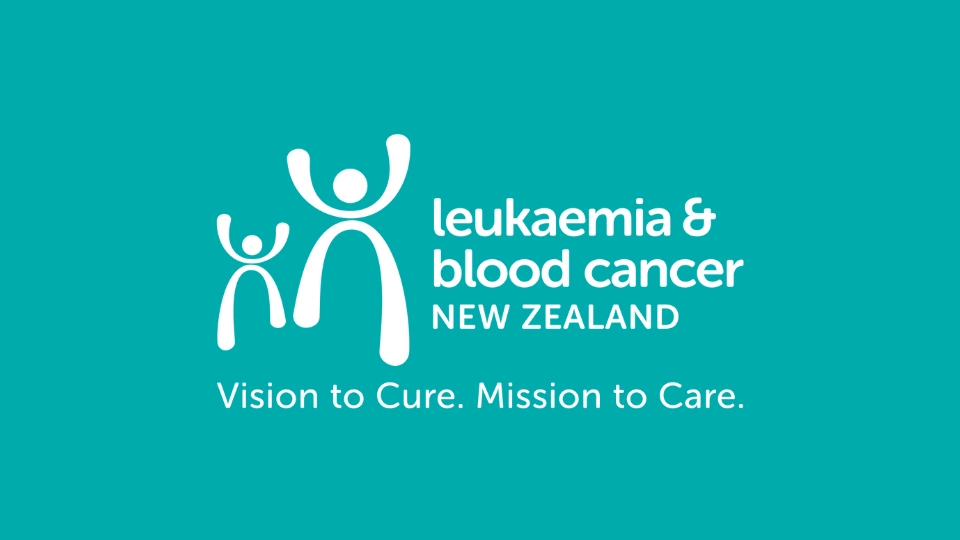We sat down with Mariam Alhilali, the recipient of the 2023 John Waller Doctoral Scholarship, to hear about her research and what it could mean for Kiwi blood cancer patients.
What’s your academic background?
I did my undergraduate degree at Otago University – I majored in microbiology and minored in genetics. I’ve always known that I wanted to continue and do research. I’m originally from Auckland, so I came back and did my Honours degree at the University of Auckland, also in molecular biology. Since then, I’ve been working at the university as a research technician, and decided it was time to do a PhD.
How did you hear about the John Waller scholarship?
It was through the research mailing list at university. I’d been thinking about doing a PhD, but obviously the financial side of things is something you really have to think about. The scholarship was exactly in my area of interest, which is blood cancers, and our lab already receives funding from LBC. So my supervisor was excited for me to apply. All the pieces came together in terms of the project, the supervisor and the scholarship. I ended up here in Professor Stefan Bohlander’s lab, which is great! When I was at school and university, I always participated in fundraising for cancer charities – and it’s amazing to be on the other side of that now; to see how helpful that money is and how it’s being used.
What is your research about?
We’re looking at a new method of detecting residual disease in patients with acute myeloid leukaemia (AML). With AML, relapse is quite common, and each successive relapse reduces the overall likelihood of survival. So it’s really important for the doctor treating the patient to know how well the treatment is working, and to be able to monitor the recurrence of cancer cells afterwards. My research project focuses on developing a method to count the small amount of cancerous cells left over after treatment, which we call measurable residual disease (MRD). Currently, this is not routinely measured for most AML patients. My research project will establish a method employing next-generation sequencing for the sensitive, routine testing of MRD.
What difference will it make for patients?
By using this new method, we’re expecting to be able to measure MRD in most AML patients. This should provide more prognostic accuracy when we’re treating and monitoring AML. Traditional methods of measuring MRD just aren’t very sensitive – so by the time we can detect the cancer cells, treatment may be less effective. If we can detect it earlier, we’re hoping it makes the patient’s journey a bit easier. That’s what I love about this project – I can see the direct impact it’s going to have on people.
LBC is also proud to be supporting Paul Owaci, recipient of the HSANZ LBC PhD Scholarship. Paul starts his PhD this year at the Malaghan Institute.



